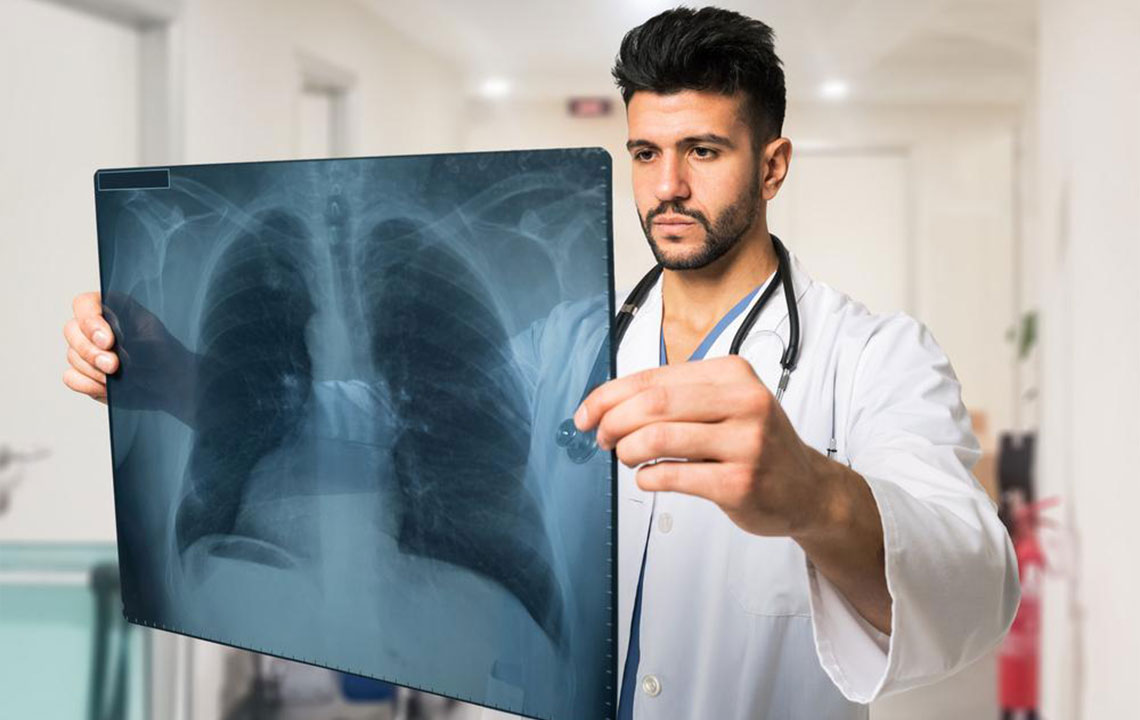Top 4 Treatment Strategies for Lung Cancer
Explore the four main treatment options for lung cancer, including surgery, chemotherapy, targeted therapy, and immunotherapy. The article details how each treatment works, their benefits, and when they are applied, offering valuable guidance for patients and caregivers. Understanding these strategies can help in making informed decisions about lung cancer management and recovery pathways, especially based on the cancer stage and individual health conditions.

Lung cancer results from abnormal cell growth in one or both lungs, disrupting normal lung functions. These cancerous cells do not perform typical lung tasks or develop into healthy tissue, often forming tumors that hinder oxygen supply to the body. The main types are small cell lung cancer (SCLC) and non-small cell lung cancer (NSCLC), with staging depending on whether the cancer is localized or has spread. Treatment approaches vary based on cancer advancement and may involve surgery, chemotherapy, radiation, targeted therapy, or immunotherapy, often in combination.
Surgical Procedures
Surgery is commonly used when lung cancer is detected early. Surgeons remove the tumor or affected lung lobe, often employing minimally invasive video-assisted techniques like VATS, which involves small incisions and a camera-guided scope. Benefits include faster recovery and less postoperative pain, enabling patients to return to daily routines swiftly.
Chemotherapy and Radiation Therapy
Chemotherapy may start first to reduce tumor size, making surgery more feasible, especially in stage III or when the tumor shows resistance to initial treatment. Post-surgery, adjuvant chemotherapy helps prevent recurrence. In advanced stages like IV, chemotherapy becomes the primary treatment, sometimes combined with high-dose radiation. Radiation therapy is mainly palliative in stage IV. For small cell lung cancer, chemotherapy is essential, and additional radiation can prevent metastasis to the brain through prophylactic cranial irradiation (PCI).
Targeted Therapy
Targeted therapy is a breakthrough in lung cancer treatment, focusing specifically on cancer cell markers, sparing healthy tissue. Patients with particular biomarkers may receive targeted therapy alone or combined with chemotherapy, offering a personalized approach to combat advanced cancer effectively.
Immunotherapy
Immunotherapy leverages the body’s immune system to fight cancer. It is generally well-tolerated compared to traditional treatments, activating immune defenses to attack cancer cells. This innovative approach is gaining prominence, especially for unresectable or resistant lung cancers.
Note:
Our blog offers comprehensive insights into various medical topics, including lung cancer treatments. While our information is researched, it should not replace professional medical advice. We’re not responsible for discrepancies or inaccuracies on other platforms, and readers should consult healthcare providers for personalized recommendations.










